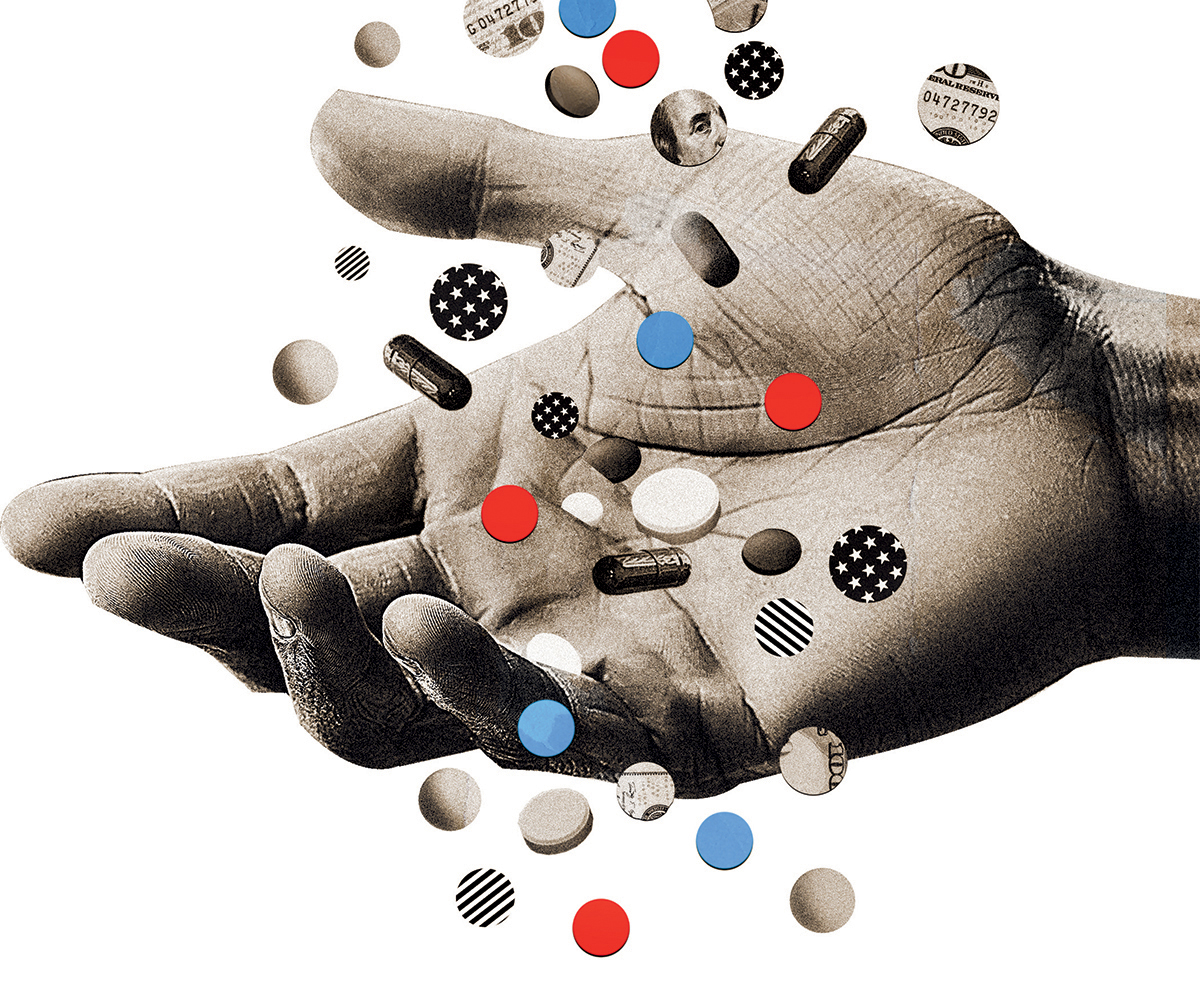The pharmaceutical industry has made significant strides in treating various diseases and improving health outcomes. Patents serve as a key tool in encouraging innovation and providing a financial incentive to pharmaceutical companies to invest in research and development (R&D) for new drugs. However, patents also have a significant impact on the accessibility and affordability of medicine, posing a significant challenge to the industry.
The Impact of Patents on the Pharmaceutical Industry
Pharmaceutical companies invest billions of dollars in R&D, and patents provide a legal right to control the production and sale of their products. Patents provide a competitive advantage to pharmaceutical companies, allowing them to recoup their investments and earn profits. Patents also allow companies to prevent generic manufacturers from producing and selling cheaper versions of their drugs. In many cases, patents have enabled pharmaceutical companies to create groundbreaking therapies, such as the COVID-19 vaccines, that have saved millions of lives.

The Challenges of Balancing Innovation and Access to Medicines
Although patents play a key role in stimulating innovation and investment, they also present challenges in balancing access to medicines. Patents give pharmaceutical companies the power to set high prices for their products, which limits access to those who can afford them. Particularly in developing countries, where healthcare budgets are limited, high-priced medicines can become inaccessible to the vast majority of the population.
Patent laws and policies also affect generic drug producers’ ability to introduce affordable alternatives. In some cases, pharmaceutical companies use strategies such as “evergreening” – making minor changes to a drug to extend the patent’s duration – which creates fewer opportunities for generic competition.
Another issue is that patents incentivize investment in profitable drug markets rather than critical areas that may not be as financially rewarding, such as neglected diseases and pediatric conditions. This leaves significant gaps in the drug pipeline, limiting medicines’ availability and accessibility in areas that need it the most.

Patents provide a legal framework for the pharmaceutical industry to promote innovation and stimulate investment. However, policymakers must ensure that patent laws also balance access to medicines. This involves creating regulations that stimulate R&D while also promoting access to affordable medicines, particularly in developing countries.
Patent laws, policies, and regulations need to strike a balance between incentivizing innovation and ensuring that access to medicines isn’t limited solely to those who can afford them. This would result in more extensive access to affordable, lifesaving medicines that could save millions of lives worldwide.





